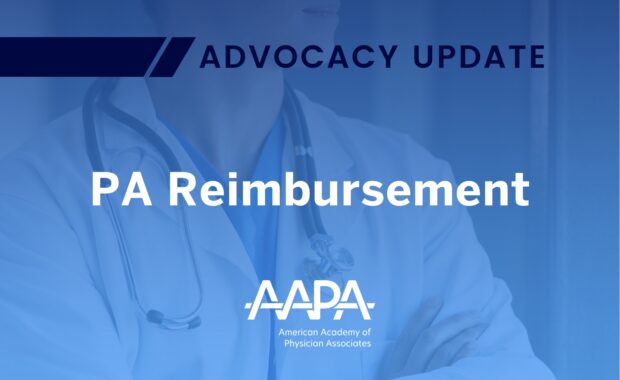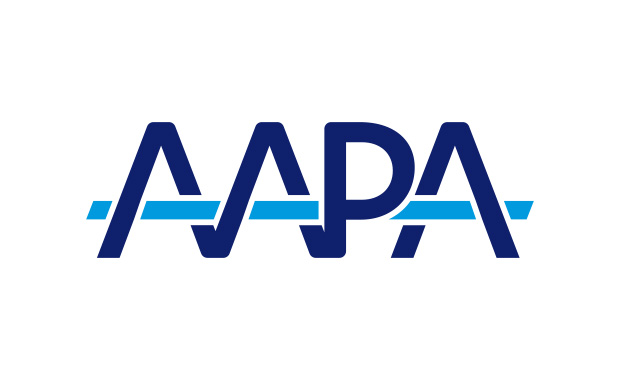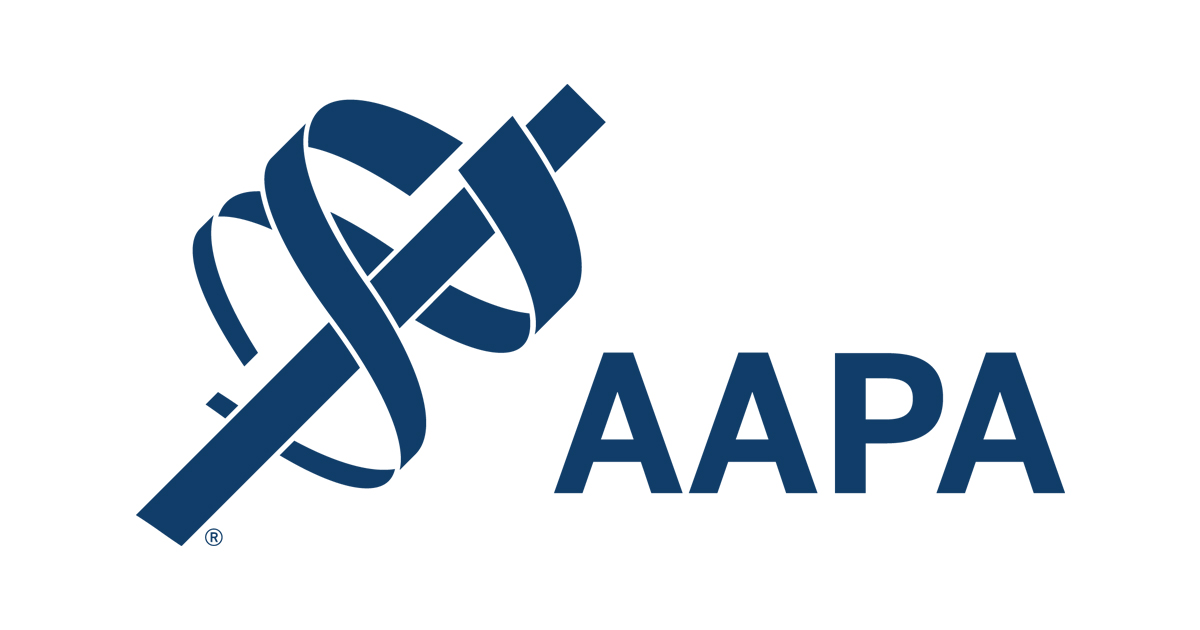AAPA Shines Light on Barriers to PA Practice and Opportunities to Improve Care in Multiple Comment Letters to Agencies
Over the last several weeks, AAPA submitted a series of comments to multiple agencies addressing topics ranging from anticompetitive practices against PAs to opportunities to improve policies in skilled nursing facilities, inpatient rehabilitation facilities, inpatient psychiatric facilities, and hospice. In addition, AAPA raised attention to regulatory and policy barriers that limit PA practice and impose administrative burdens in letters to HHS, CMS, FDA, and OMB.
July 9, 2025


